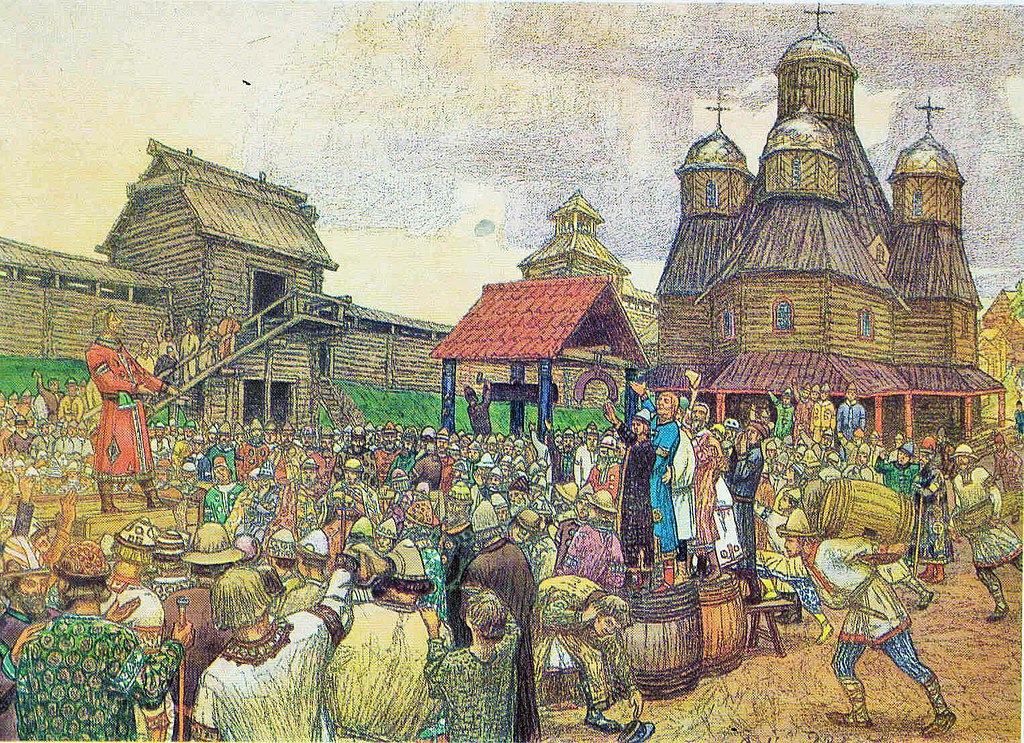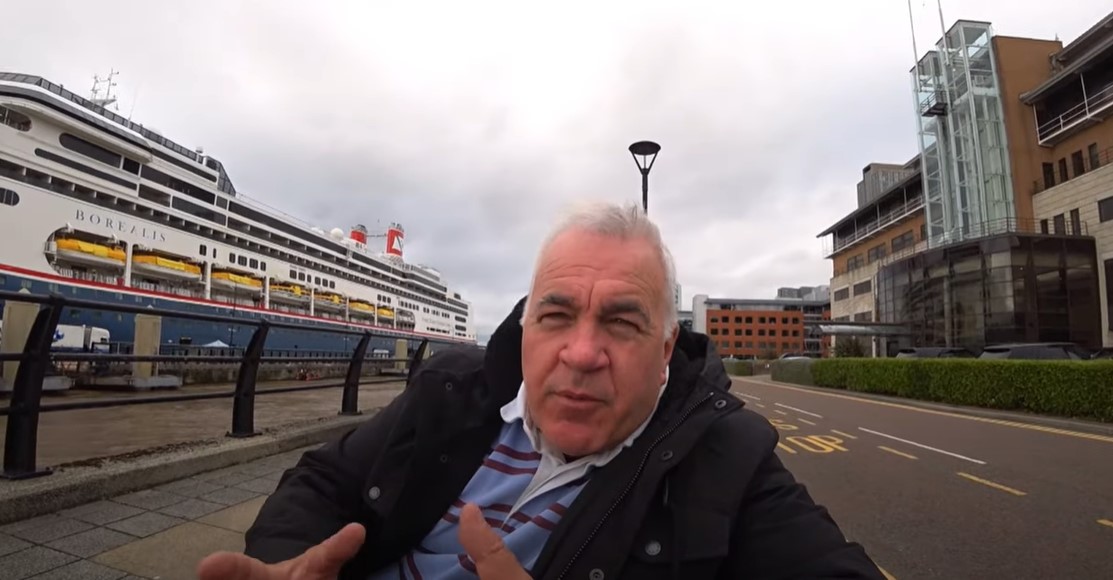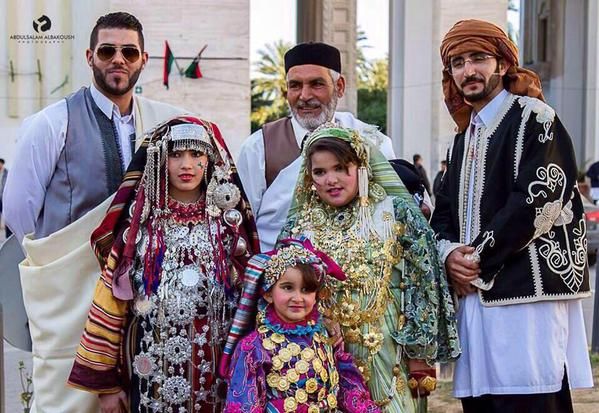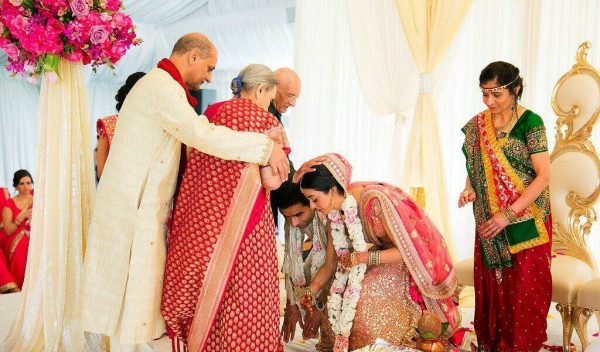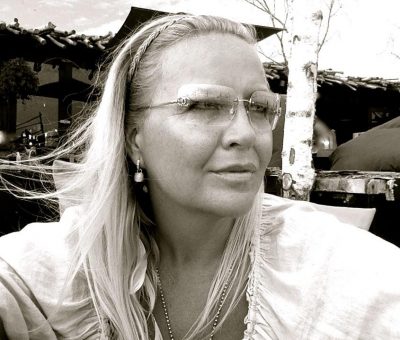Kopa or Veche Law (https://en.wikipedia.org/wiki/Veche ) is a set of traditions that describe the natural social structure of the Rusians. Kopa Law is unwritten and passed from mouth to mouth, so there are only a few people left who learned it from their ancestors.
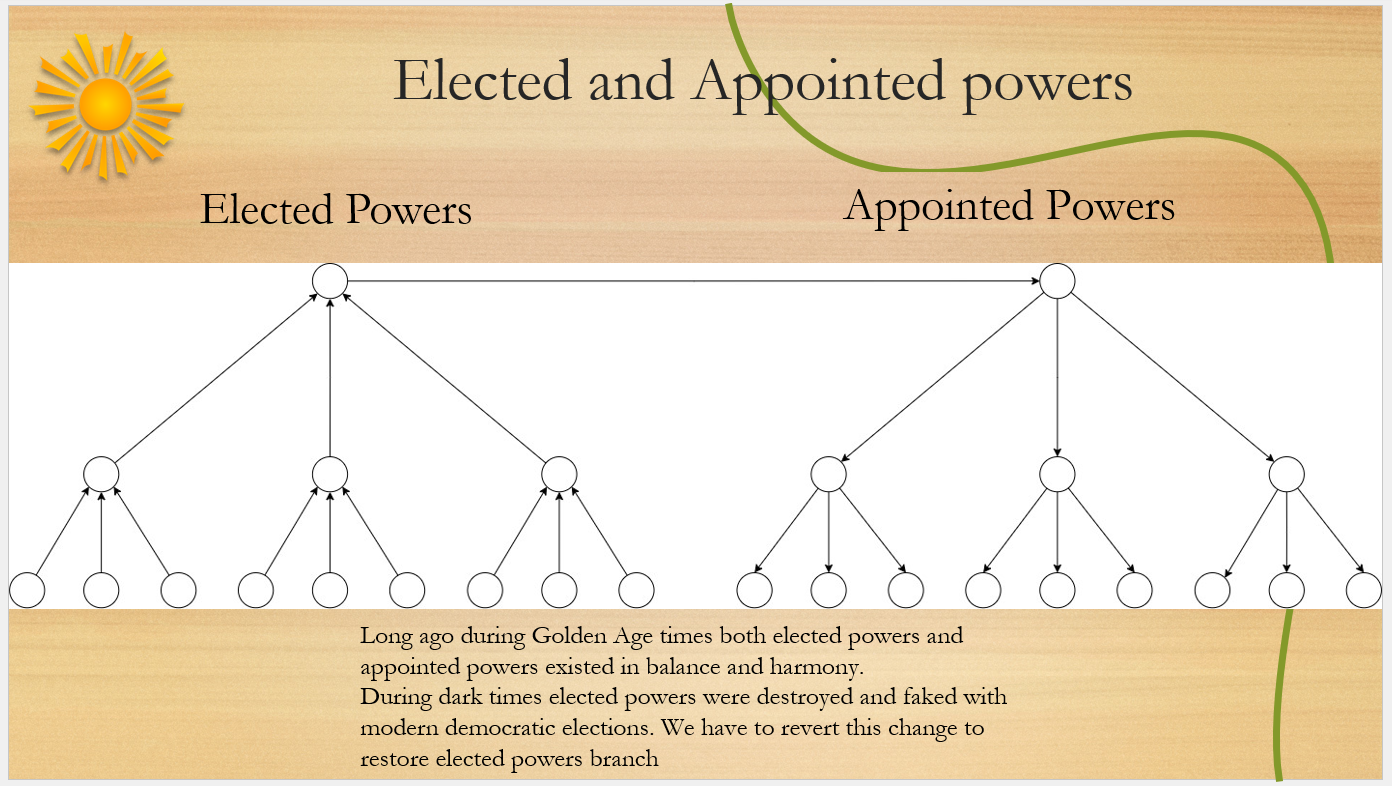
The meaning of the word Kopa is en masse, together. Previously, in Rusia people who lived in settlements (up to nine settlements) gathered regularly in one place, the administration centre from where they controlled their lives. Kopa mature men gathered from all nine villages or settlements for a Kopa (Veche) meeting.
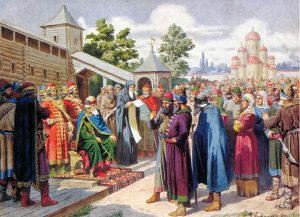 A Kopa man is a leader of his household. He is chosen as a mature man (50+ years) who is native by birth to the area he represents. He must have a grandson from his son (not from a daughter) to carry his family name. The man must be a head of the clan (the head of his family, his children and his grandchildren and their families), “rodan” in Rusian. “Rodan” this was the Kopa mature man, and all the rest were under him/report to him: brothers, sisters, women, and so on. A mature man must have his own household and provide for himself completely autonomously and independently, be a strong master.
A Kopa man is a leader of his household. He is chosen as a mature man (50+ years) who is native by birth to the area he represents. He must have a grandson from his son (not from a daughter) to carry his family name. The man must be a head of the clan (the head of his family, his children and his grandchildren and their families), “rodan” in Rusian. “Rodan” this was the Kopa mature man, and all the rest were under him/report to him: brothers, sisters, women, and so on. A mature man must have his own household and provide for himself completely autonomously and independently, be a strong master.
Below are the details of how the Veche gathering is formed. Everyone gathered at the Kopa meeting and were split into smaller groups, because it is impossible for many (for example, three hundred) people to discuss one issue. Kopa men were divided into groups. First the representative of ten is voted for by ten men. “Desyatsky” is a person who is a representative of ten neighbouring families or households, who was trusted to represent the interests of the other nine. Earlier our ancestors knew that only ten percent had the ability to perceive information from the highest spiritual or information spheres. Therefore, ten people gathered – they chose a representative, then these ten representatives gathered – they chose a representative of a hundred households – “sotnik”, then ten “sotnik” gathered – they chose a representative of a thousand households – “tysiachnik”. When ten of “tysiachnik” gathered, they chose a “temnik” or a representative of ten thousand.
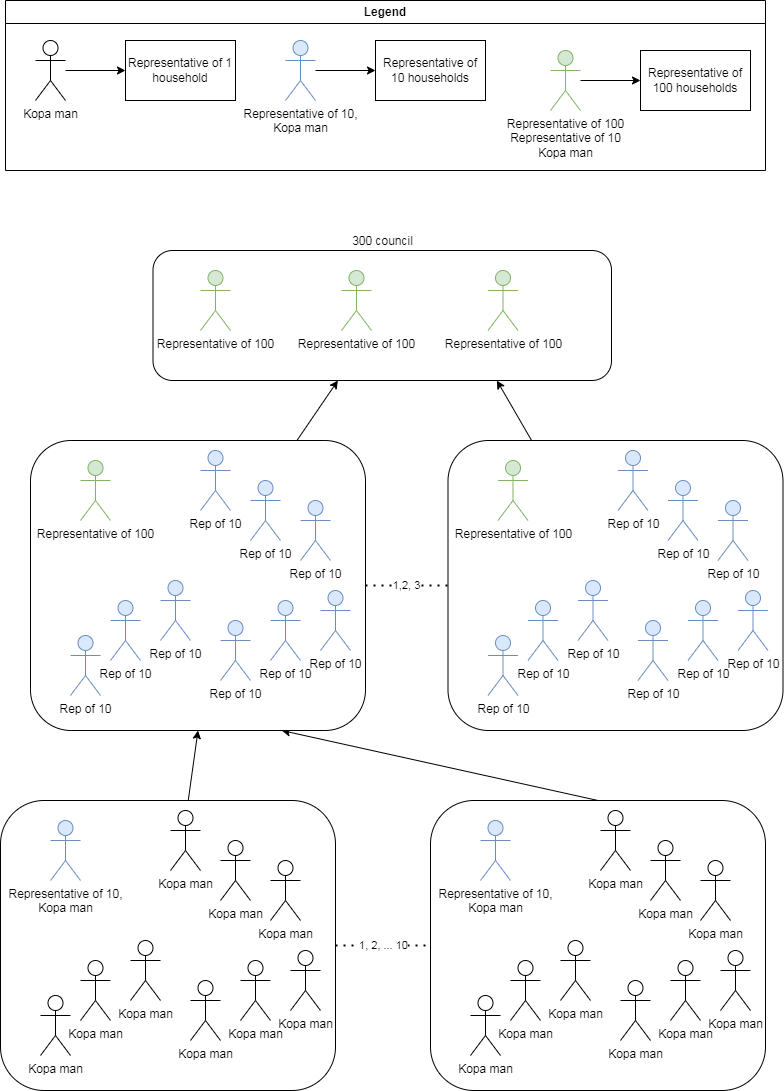
Here are the best, for example, ten-thousanders or representatives of ten thousand households who were entrusted with management, solved all issues related to life. The representatives chosen by the Veche (of 100 and of 1000 households) could coordinate life matters themselves, and, if necessary, created and filled administrative structures such as economic administration, internal law enforcement, external relations, etc. The administrators chosen by the Kopa Men held their place as long as they were approved, and not for a fixed term. Starting with the representatives of 100 households, people involved in coordination didn’t work themselves (those who did not plough their own bread, but received support from the community because there was no longer enough time for their household duties). Thus, there were two structures balancing each other — elected managers and appointed managers. When the appointed branch of government made a decision regarding people, it was obliged to obtain permission from the elected authorities. This was how the control over decisions took place. It turned out, for example, that the regional administrator (appointed authority) did not have the right to give an order or bring someone to trial without the consent of the representatives of ten thousand households (elected authorities). The city or the governor (the appointed authority) did not have the right to also judge by the court or do something if the representative of thousands of households did not give his consent. It was impossible to arrest a person in the village if the representative of a hundred households in this village did not give consent.

There are memories of how grandfathers gathered on the Cossack Circle, especially in 1933, then in 1937. They discussed issues and repressions that took place at that time. The last remnants of Veche Law existed in the 1930s in Rusia in the Cossack Circles. The Cossacks were the last who remembered what a Veche Law was about. It was a military class that was still capable of self-organisation.
Kopa was a vital university where everyone studied. After 31 years, a husband with a family was required to attend the Veche Meeting as a householder, but not having the right to vote. And until the age of 50, he studied Veche Law, gained experience, and just listened. He watched how the Veche works, how Kopa mature men consider matters, for example, in solving economic and defence issues, issues of internal law and order, how the elders decided on things, and how disputes were resolved. Veche also was running courts executing justice.
All the decisions that were made were never violated. Therefore, one of the principles of Veche Law was the principle: what the elders decided, the younger ones would stand on.
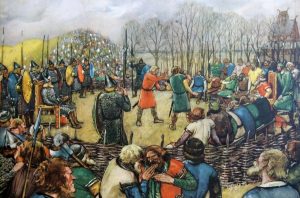
There was complete silence at the Veche meetings. Only the words of a speaker, sometimes of a very worried person, were heard, since the person spoke out of his heart (as they could be executed/killed). The person was completely liberated to speak his/her mind. The man is speaking while other men are listening to him, tuning in to this single wave. There were no discussions. That is, one spoke out, then the other. There was nothing like we have today — how politicians interrupt each other. There was no such thing. In the Cossack circle, it’s simple: these Yesaul (military leaders) observed everything. If someone violated the principles of the circle, immediately punishment followed. This take-off, this collective mind has always provided a solution to many issues that one person simply will not come to, whoever he may be.
Mutual responsibility was established in the assemblage, where the whole community was responsible for the misconduct of any of its members (“from small to large”).
At the Kopa gathering, forgiveness of the offender was encouraged, as well as sincere nationwide repentance of the offender. Judicial cases were dealt with according to Conscience, trying to persuade the disputants to reconcile.
Everyone, who bumped into a violation of the Veche Law or customs, was obliged to make every effort to stop this violation. Otherwise, he became an accomplice to the crime he was a witness of, and bore full responsibility along with the offender. If someone saw that some kind of violation was being committed, he was obliged to either stop it himself or call someone. If he did not do either of these two actions, then he was subject to punishment in the same way as the offender.
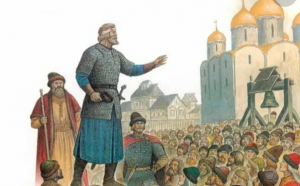 Direct Rule of the people — power, organised according to the principles of Veche/Kopa Law, solved the following tasks:
Direct Rule of the people — power, organised according to the principles of Veche/Kopa Law, solved the following tasks:
1) Prevention of law violation in modern language. The entire Community was entrusted with the responsibility of preventing wrongdoing.
2) Search and prosecution of criminals, that is, the execution of the court.
3) Ensuring the safety of life, property of community members and strangers, that is, non-community members also.
4) Organization of economic activity, production, and trade.
5) Organization of external defence against enemies and election of military leaders.
6) Collecting taxes for public needs and maintaining management structures.
7) Organization of cultural life and education.
“Zemstvo” is a territorial aggregate of urban and Kopa structures.
Zemstvo put together several local Kopa meetings from several villages or settlements.
The Zemstvo principle has always existed in traditional society. This was a way of self-government by the people, a way of organising rule on the ground, on the lands on which people lived, so that certain groups of people, nations, ethnicities, kins, clans, could manage their group in accordance with their traditions and culture.
Zemstvo was a school for the education, training, and development of administrators. This was their main task, the development of a varna/class (caste in Hindu culture) of administrators who would have to meet certain requirements.
